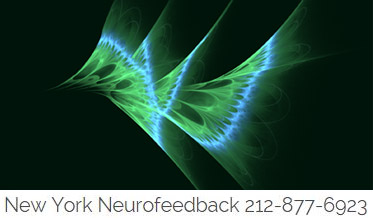-
Neurofeedback Builds Empathy
- Posted on June 28, 2016
- by Catherine Boyer
- in New York Neurofeedback, The Brain
- Comments Off on Neurofeedback Builds Empathy
Scientific American published an article in 2014 titled Neurofeedback Increases Affection, Builds Empathy.
In the research described, study participants were asked to recall moments when they were in social situations and felt proud, tender or neutral. They were then instructed while in an fMRI (functional magnetic resonance imaging) chamber to recall those times.

Half the participants saw a randomly morphing image. They other half saw an image that reflected their brain activity (neurofeedback). The article describes the researchers’ conclusions:
The group given random visual feedback showed no significant difference in affiliative activity over trials. By contrast, subjects who received neurofeedback showed significantly stronger affiliative brain activity in their last trials compared with their first ones. In other words, something about seeing their brain’s changes intensified that response over subsequent trials.
Affiliative emotion is defined as “a component of fondness, empathy and compassion.” The study’s results suggest that neurofeedback can train greater connection.
Neurofeedback builds empathy
Wouldn’t that be nice? Yes, and my clinical experience over the last 11 years certainly suggests that it is the case. Reactivity tends to come down for those who take a course in neurofeedback training. That enables our clients to respond rather than react. They say things like:
- My kids aren’t bugging me as much.
- I could see he was suffering, too. I didn’t yell back like I usually would.
- Right now, it’s the best she can do. It’s okay because I know she’s trying.

More study will be useful in validating both the effects and also their longevity. But in my experience they are very real and they do last. I suspect that the brain likes running with more efficiency, and “losing it,” holding grudges, having the same fight dozens of times, etc., are not useful ways of using energy.
Our brains are constantly surveying our environment on our behalf. With the right input, they can use the information gathered to rewire themselves to be more flexible and more resilient. With NeurOptimal® neurofeedback the brain gets information about what it’s doing moment to moment, information that is not available any other way. Our brains are very capable – masterful, I would say – at using that information well.
The end result – typically in addition to results like better sleep and less worry – is more compassion. That’s a very good thing.
Catherine Boyer, MA, LCSW-R
New York Neurofeedback
If you enjoyed this article please consider sharing it!





